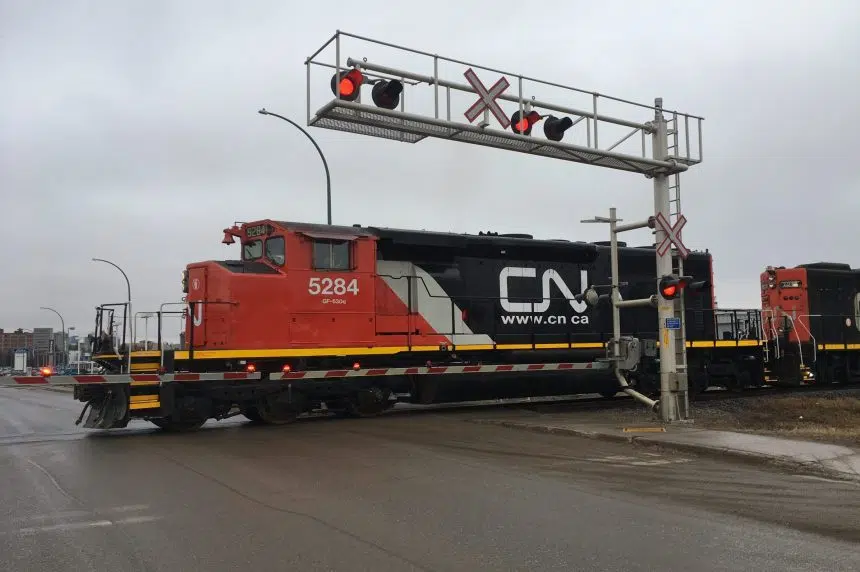It was just moments before Saskatchewan Agriculture Minister David Marit went on the air with John Gormley on Tuesday that the news broke — CN Rail and the Teamsters union had reached a tentative deal and the strike was over.
“It’s good news to hear that the trains will start rolling again here very soon,” Marit told Gormley.
Marit met with his federal counterpart, Marie-Claude Bibeau, on Monday and said he urged her and her government to step in and put a stop to the strike.
The provincial government had been urging the federal Liberals to step in since last week, even floating that back-to-work legislation might be necessary.
“We tried everything in our means to get them back to the tables and we talked to, obviously, all parties that we could talk to and we were hopeful that they would have got back to the table last weekend and come to an agreement,” said Marit.
According to Marit, those industries that depend on the rails — including potash, oil and agriculture — were put quite behind, in some cases, by the strike.
“I did talk to industry leaders (Monday) and they said a week-long strike pushes everything back two to three weeks, so we sure didn’t need to see this go on much longer,” Marit said.
Marit said he’d been told by industry representatives that the strike was costing them a lot — “I can you it was significant. It was huge,” he said — but he declined to go into detail.
The trains are expected to start moving again Wednesday morning, and farmers, miners, and oil companies are hoping they can quickly get their products to market.











